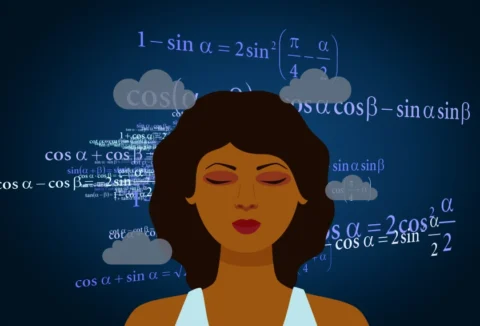Domain and Range in Mathematics What is Domain? The domain of a function is the set of all possible input values (x-values) for which the function is defined. Common Domain
Math
“Help—my brain’s allergic to algebra!”That was the DM I got from my freshman mentee, Sam, two weeks before his first psychology stats quiz. I felt the déjà-vu punch: six years
I Once Counted on My Fingers in Audit Class (True Story)“I’m an accounting major, not Einstein.”That was my mantra sophomore year after bungling a simple depreciation problem and literally counting
The Day Linear Algebra Saved My InternshipI used to joke that I became a programmer just to dodge calculus. Then a summer gig threw me onto a computer-graphics project. One
Wait, Do Hackers Really Crunch Numbers All Day?Picture this: I’m on a red-team engagement at a fintech startup. Their CTO brags about “bullet-proof” password storage. One rainbow-table attack later, our
Hold up—do I really need to dust off my algebra book just to fix an air-conditioner?” That’s the panicked text I got from my cousin Jess minutes after she enrolled
Mathematical Formula Explorer Navigate through a comprehensive collection of mathematical formulas with our sleek, modern interface All Categories Algebra Calculus Geometry Statistics Trigonometry
Math is, by definition, a subject about numbers. But at the National Council of Teachers of Mathematics this week, math educators said the subject has its own language, too—and knowing
Math can often feel like a different language, filled with specific terminology that can be confusing if you are not familiar with the terms. Whether you are just beginning to
Here is a list of revision/homework sheets organised by topic…NumeracyPercentagesRounding4 OperationsHire Purchase & VATArea & PerimeterCurrency ExchangeFractionsIntegersMeasurement conversionsProbabilityRatios and proportionReading tablesSDTTime intervalsVolume of CuboidsExpressions and FormulaeArea and perimeter of circlesMean,
Load More



